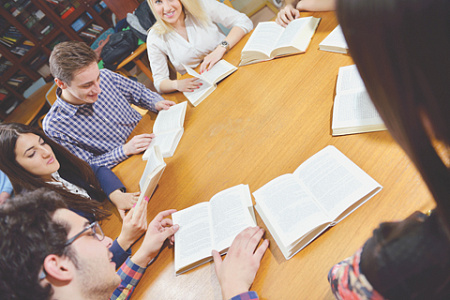
In Russia, a student’s future hinges on a single, high-stakes hurdle: the Unified State Exam (USE), the nationwide test that determines university admission. Intended to create a meritocratic and corruption-free pathway to higher education, the system has instead spawned a massive and costly private tutoring industry. Yet, despite the widespread reliance on extra help, national average scores in key subjects like mathematics and physics remain stubbornly mediocre, suggesting a deeper systemic challenge.
The private tutoring market itself is sharply divided, mirroring the country’s economic disparities. For a modest fee, families can hire students or non-specialists who can often guide a student to a basic passing grade. This lower tier of the market provides a semblance of opportunity, but it serves primarily to secure scores in the 50-60% range, far below what is needed for entry into Russia’s more prestigious universities.
For those aiming for top-tier institutions and scores above 80%, the financial stakes escalate dramatically. Elite tutors command premium rates, and a standard nine-month preparation course for a single subject can easily cost a family 120,000 rubles (over $1,300) or more. For the average Russian household, this represents a significant financial gamble, transforming educational aspiration into a luxury that not all can afford.
Critically, even this hefty investment offers no guarantee of success. The tutoring methodology is often a scattershot approach of solving random problems from various sources, which can leave students with a fragmented and disorganized understanding of the subject matter. When the exam day arrives, many find themselves ill-equipped to handle the pressure, their families’ significant financial outlay lost without the desired result.
This reality forces families into difficult choices. Some view the exorbitant cost as a strategic investment, reasoning that spending up to 240,000 rubles on elite tutoring is worthwhile if it secures a state-funded place at a top university, saving on years of high tuition fees. For motivated students from less affluent backgrounds, the only alternative is a disciplined regimen of self-study, guided by a mentor—who may be a parent or family friend—with only occasional professional oversight. This places an immense burden of responsibility directly on the student.
Ultimately, the system intended to level the playing field has cultivated a sprawling, unregulated shadow education economy. A student’s access to quality preparation for the nation’s most important exam is increasingly dictated by their family’s wealth. This raises profound questions about educational equity and social mobility in modern Russia, where the path to a promising future is often for sale to the highest bidder.
